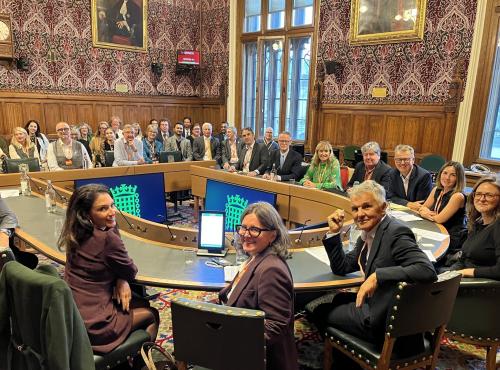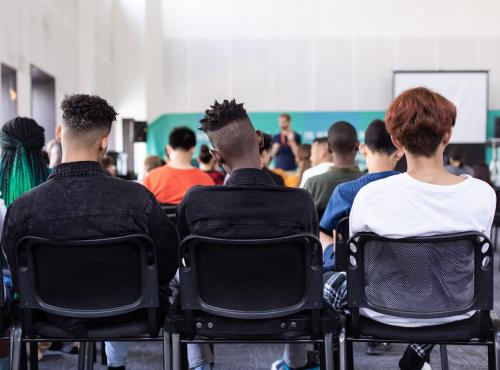Localisation in FE
It’s been a busy fortnight here at Policy Connect, with highlights being meetings with the Universities Minister Chris Skidmore to discuss the findings from our report on international students, and attending a roundtable with Andy Haldane, Chief Economist at the Bank of England and Chair of the Industrial Strategy Council.
What’s striking about many of the recent discussions I’ve had is the extent to which policymakers are thinking in terms of the ‘local’, whether that’s engaging local players in the implementation of the Industrial Strategy or considering the impact of boosting international student recruitment on university towns.While the local has become a preoccupation for many in Westminster, and skills policy has experienced a rising profile in Parliament with the apprenticeship reforms and Brexit vote, these two agendas are yet to come together in a fully coherent way. Devolved spending powers are limited to the adult education budget and six combined mayoral authorities, and Growth Deals provide the possibility for providers to work with LEPs to secure capital funding.
The government’s Area Based Review process attempted to rationalise provision through locally lead partnerships, however this process lacked a comprehensive scope and soured relationships between some providers. Writing on this matter Prof Ewart Keep describes a system that was nationalised and de-localised then marketised, a process which explains this limited local role within the system. The creation of Local Industrial Strategies to support the Industrial Strategy could be an opportunity to strengthen local engagement in the forming of FE policy and shaping of provision. Skills makes up a central pillar of the Industrial Strategy, and LEPs and Combined Authorities are required to form Skills Advisory Panels (SAPs) to feed into the local plans.
However, the initial local industrial strategies suggests to me that the prominence of FE will largely reflect the existing powers and remit of the authoring body. While I look forward to seeing how SAP’s centre ground FE and innovate, further thinking may be required on how best to create opportunities which allow stakeholders to engage with the sector at both a local and systems level, rather than at a national or institutional level. Although there is consensus on the importance of creating a skills system that delivers for local economies, the manner in which this is best achieved is far from clear. Given this challenge I’m pleased to say that this is a topic that the Skills Commission will be looking into over the coming months in a new inquiry. Watch this space for further details.



